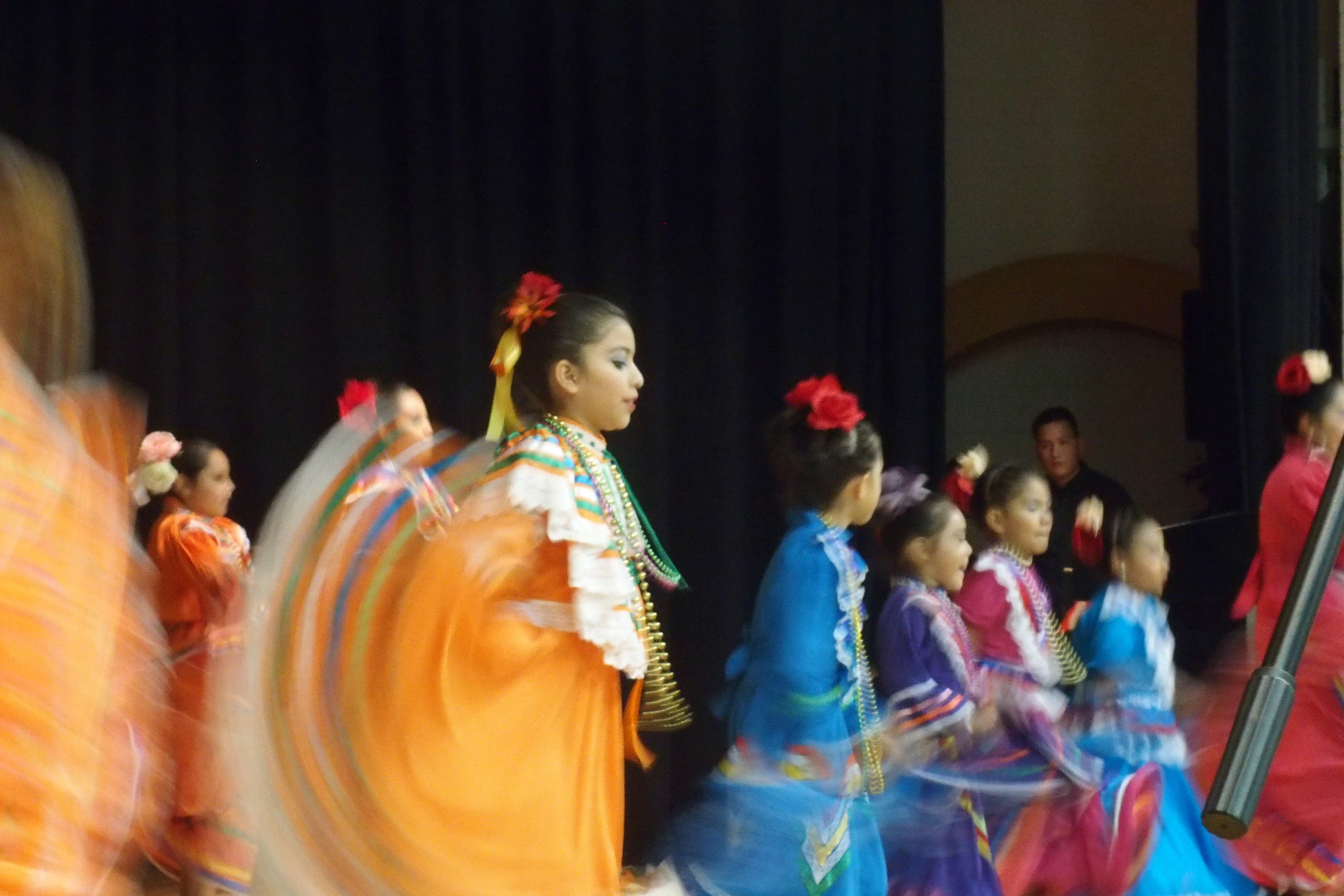Leer en español.
Sept. 15 marks the beginning of Hispanic Heritage Month — and it comes as schools across America settle into a new academic year after nearly two years of chaotic pandemic learning.
This year’s month of celebration — chosen by Congress to begin mid-month to honor national independence days in several Latin American countries — comes after a season of great loss among Hispanics and Latinos populations across the nation, who have made up a significant portion of deaths from COVID-19. The virus is now responsible for 1 of every 5 deaths among Hispanics, according to recent data from the Centers for Disease Control and Prevention analyzed by The Washington Post.
The pandemic exacerbated existing inequities for Hispanic and Latino students — widening education gaps and spurring drops in college enrollment. Students who are immigrants and English language learners, many coming from Spanish-speaking countries, faced even greater barriers to thriving at school.
Chalkbeat wants to hear from Hispanic/Latino students and teachers about what the last year was like for them, and what they hope happens as schools return en masse to in-person learning. We also want to share stories of the celebration of heritage and culture — to hear more about how you think of your identity, how you honor it, and what you wish others knew. We want to experience your artwork and poetry, and listen to your original music.
Tell us: What do you think Hispanic/Latino students need from their school leaders and communities this school year to be healthy and successful? What do you wish others knew about what it’s like to be young and Hispanic/Latino at this moment in history?
We look forward to your submissions in the callout below; the deadline is 11:59 ET Oct. 1. Questions? We’re always listening at community@chalkbeat.org. Having trouble viewing on mobile? Go here.






